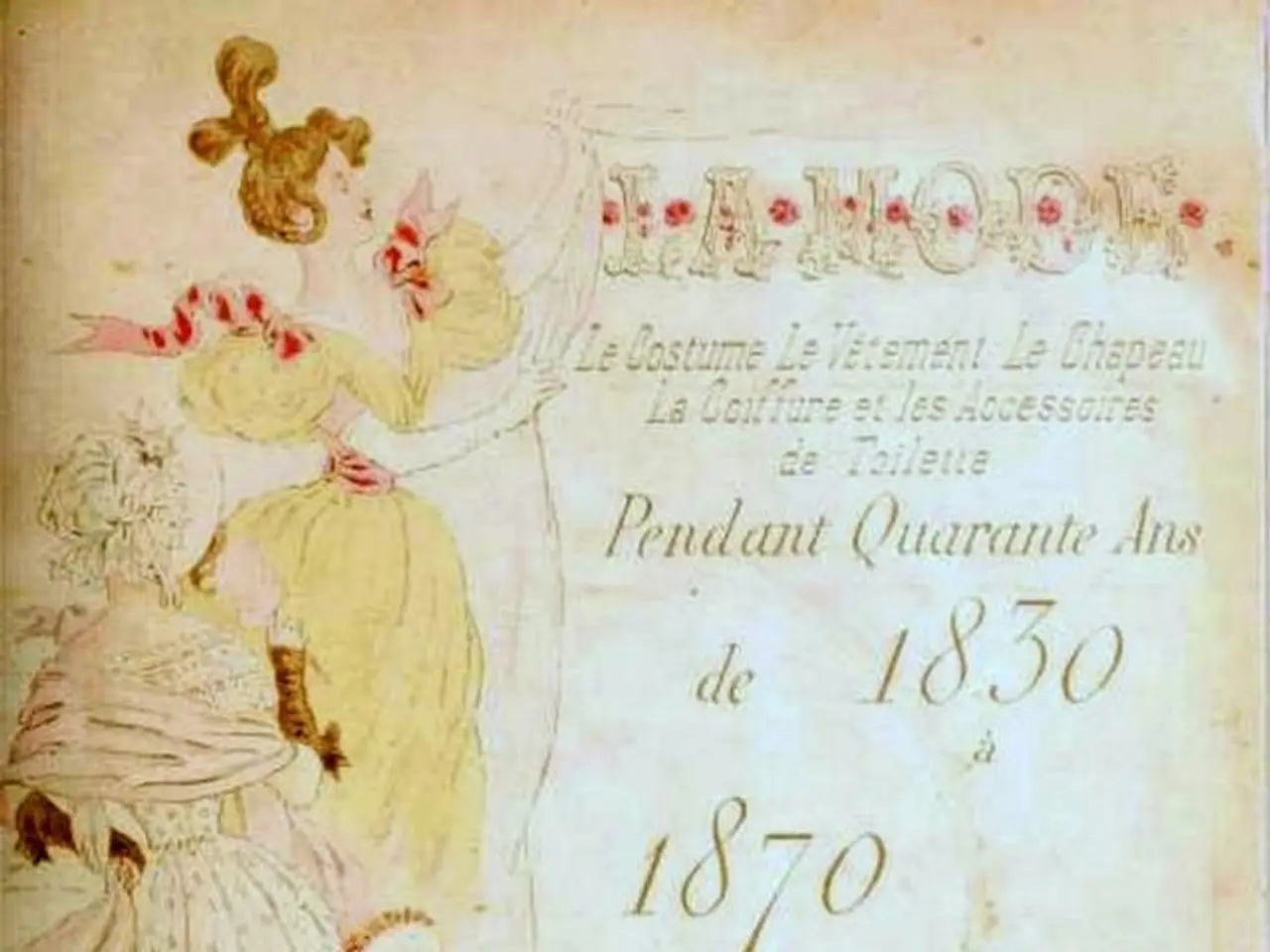Documentary Analysis: "Dear Ms.: A Revolution in Print" on HBO Max - An In-Depth Look at How Ms. Magazine Revolutionized Discussions on Modern Women
In the turbulent year of 1972, a groundbreaking publication made its debut - Ms. magazine, a feminist periodical that dared to challenge the status quo. The magazine's first issue, met with criticism from newsman Harry Reasoner, surprisingly helped build buzz and the issue sold out.
The documentary "Dear Ms.: A Revolution in Print" delves into the origin story of this revolutionary publication, first cooked up by journalist and feminist Gloria Steinem. The film is a three-part production, directed by Salima Koroma, Alice Gu, and Cecilia Aldarondo. Each director has selected certain Ms. cover stories as anchors, using their themes to reflect on the important topical and cultural touchstones the magazine brought to light.
Part one, titled "A Magazine for All Women," focuses on the profile of Gloria Steinem and the magazine's origins. It addresses many of the major accomplishments and shortcomings of the magazine, including its lack of hiring enough Black writers and putting diverse faces on its covers.
Part two, called "Ms.: A Portable Friend," focuses on the relationship readers had with the magazine and its impact on public discourse and government legislation as it related to women. It sheds light on how the magazine sparked conversations about controversial topics like domestic abuse and sexual harassment, helping to spawn domestic abuse helplines and support groups, sexual harassment protection laws in the workplace, and more.
The final segment, "No Comment," directed by Cecilia Aldarondo, focuses on the role that Ms. played in the conversation around pornography. The magazine initially drew distinctions between more tasteful, sensual erotica and more aggressive, male-oriented porn, but became embroiled in a larger conversation about censorship, consent, and sex work.
One notable voice missing from Ms.' discussions on pornography was adult film actress Annie Sprinkle, an advocate of pornography and sex work. Sprinkle was not asked to participate in any of the magazine's articles about pornography when the magazine covered the topics in the 1970s and '80s, but was finally invited to write an article for them years later.
The first issue of Ms. magazine, published in January 1972, contained articles about modern marriage, abortion, race, and what it means to be a lesbian. The magazine faced backlash due to unhappy husbands whose wives upended the comfortable norms they were accustomed to. Yet, despite the criticism, Ms. remained unabashedly feminist, addressing issues with a woman-forward agenda.
Today, Ms. magazine is traditionally available in print and digital formats, but the original first issue was a physical publication and cannot be streamed. The documentary "Dear Ms.: A Revolution in Print" offers a history lesson focusing on the magazine's impact on second wave feminism as it was happening. It is a must-watch, as it offers insight into the magazine's impact on feminism and society, while also acknowledging its shortcomings and failures.
Moreover, the film allows many other voices, often those omitted from some of Ms.' most important conversations, to finally speak, too. For instance, Liz Kocan, a pop culture writer, praises the documentary for its honest portrayal of the magazine's impact on feminism and society.
In a poignant moment, adult film actress Annie Sprinkle uses cookies as an allegory for sex, writing, "We all need some cookie healing. So, the next time you eat a cookie, take a moment to reflect that in every cookie crumb is an entire universe."
In conclusion, Ms. magazine was, and continues to be, a beacon of feminist thought and action. Its history is complex, marked by both triumphs and failures, but its impact on the feminist movement and society at large is undeniable. The documentary "Dear Ms.: A Revolution in Print" serves as a testament to this impact, offering a comprehensive look at the magazine's tumultuous history and enduring legacy.







